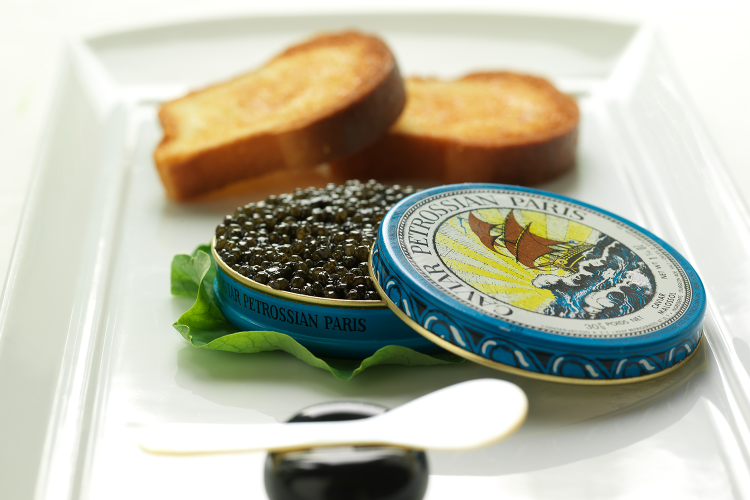College students have long had a knack for contests of endurance. Read: all-nighters, keg stands, the “five-year plan,” etc.
Now one California postgrad has applied that principle to something actually useful: a battery that lasts forever.
While “playing around” during an experiment with highly conductive battery components called nanowires, UC Irvine student Mya Le Thai coated one of the golden wires in a Plexiglass-like gel.
Once the nanowires’ testing electrode was coated in the gel, Thai was able to cycle it over and over without losing any capacity. And thusly, the doctoral candidate inadvertently stumbled across a possible method for creating a battery that would never have to be replaced.
The cycling experiment was recreated hundreds of thousands of times over the course of three months, and Thai and other UCI researchers published the findings in the American Chemical Society’s Energy Letters on April 20th.
“These things typically die in dramatic fashion after 5,000 or 6,000 or 7,000 cycles at most,” says UCI chemistry department chair Reginald Penner. “This research proves that a nanowire-based battery electrode can have a long lifetime and that we can make these kinds of batteries a reality.”
Unfortunately for dead-battery anxiety sufferers and nomophobics, the technology is still in an experimental stage and won’t be readily available anytime soon.
Until then, try one of these.
Image via Steve Zylius / UCI
This article was featured in the InsideHook newsletter. Sign up now.























